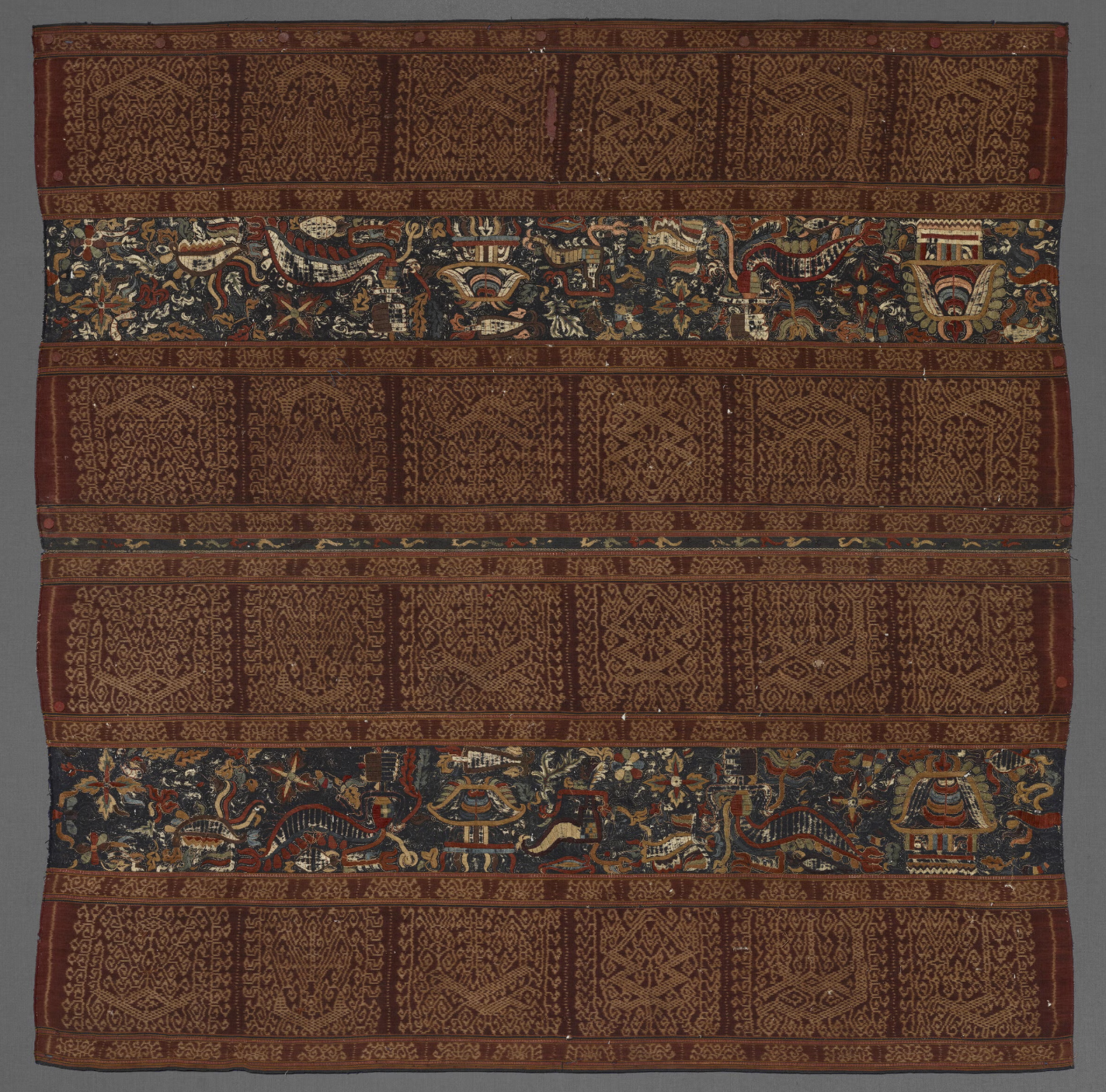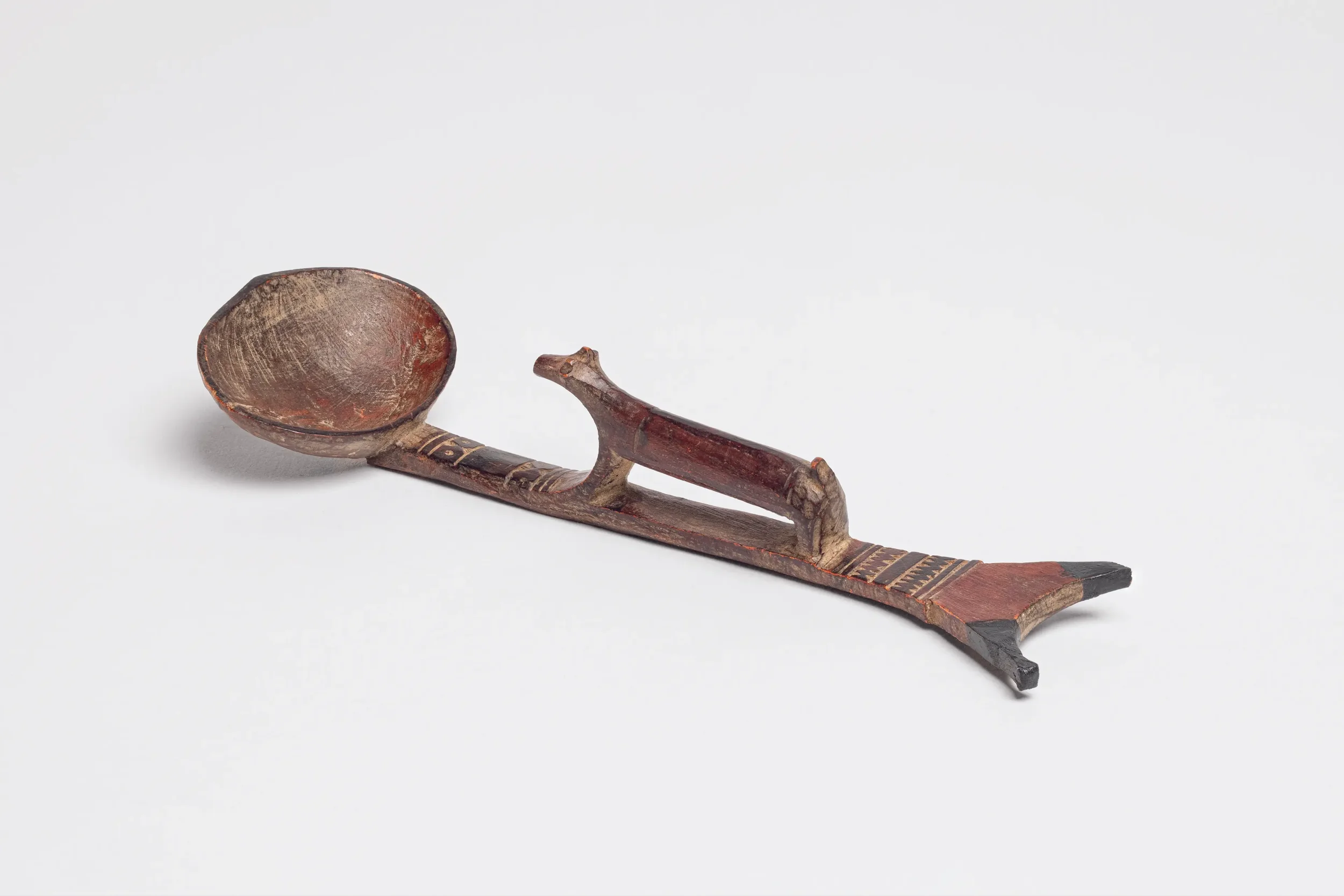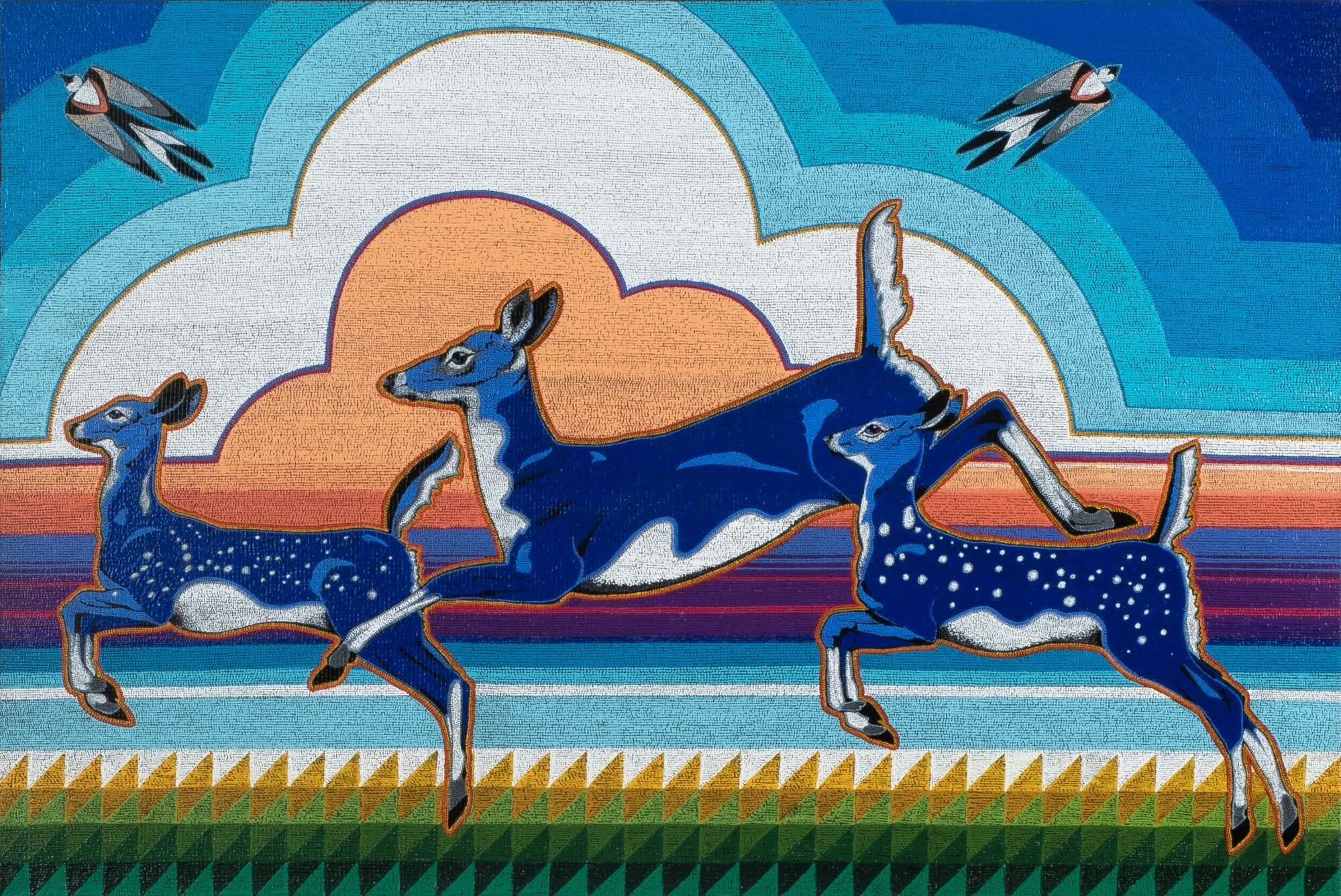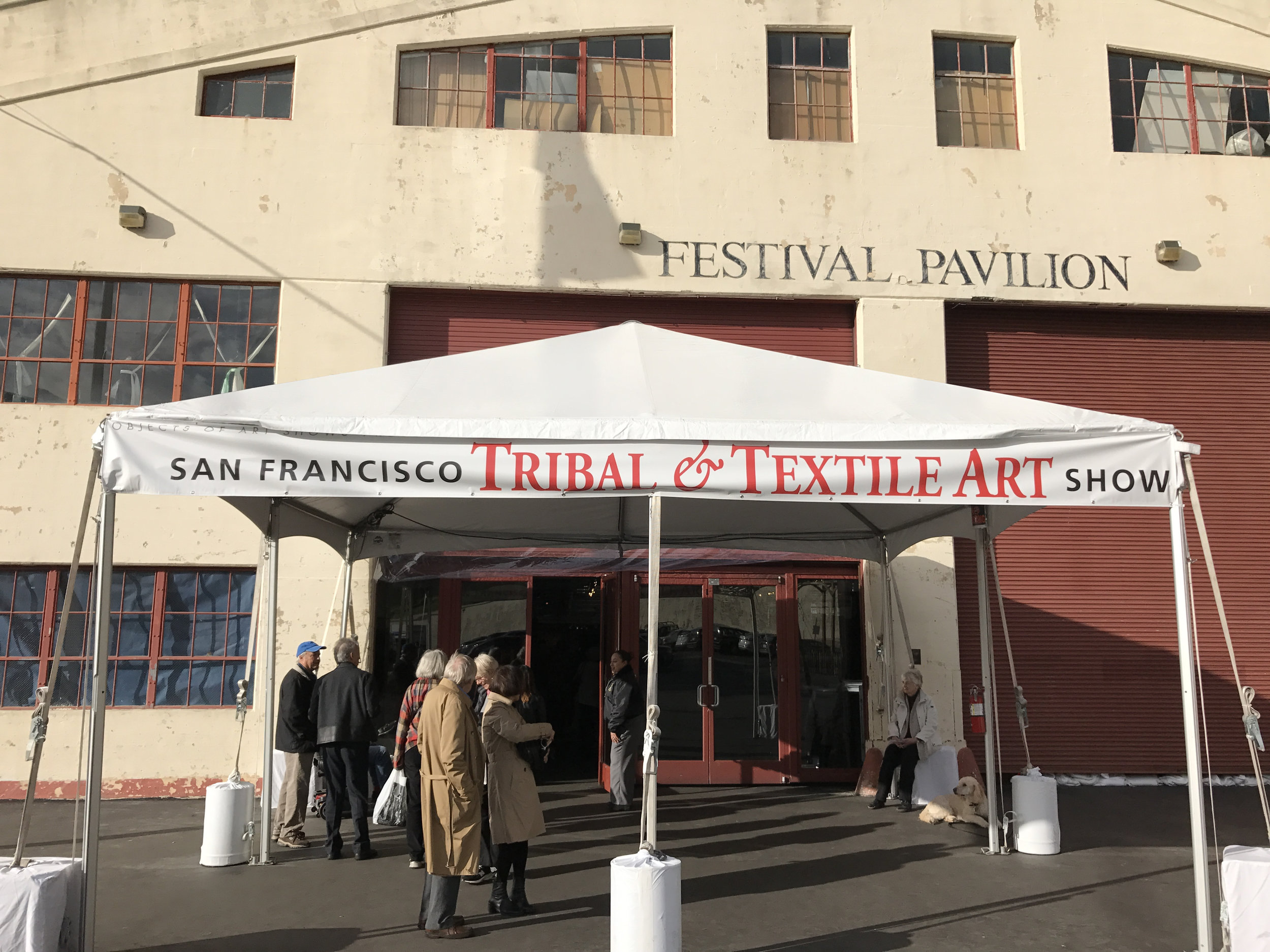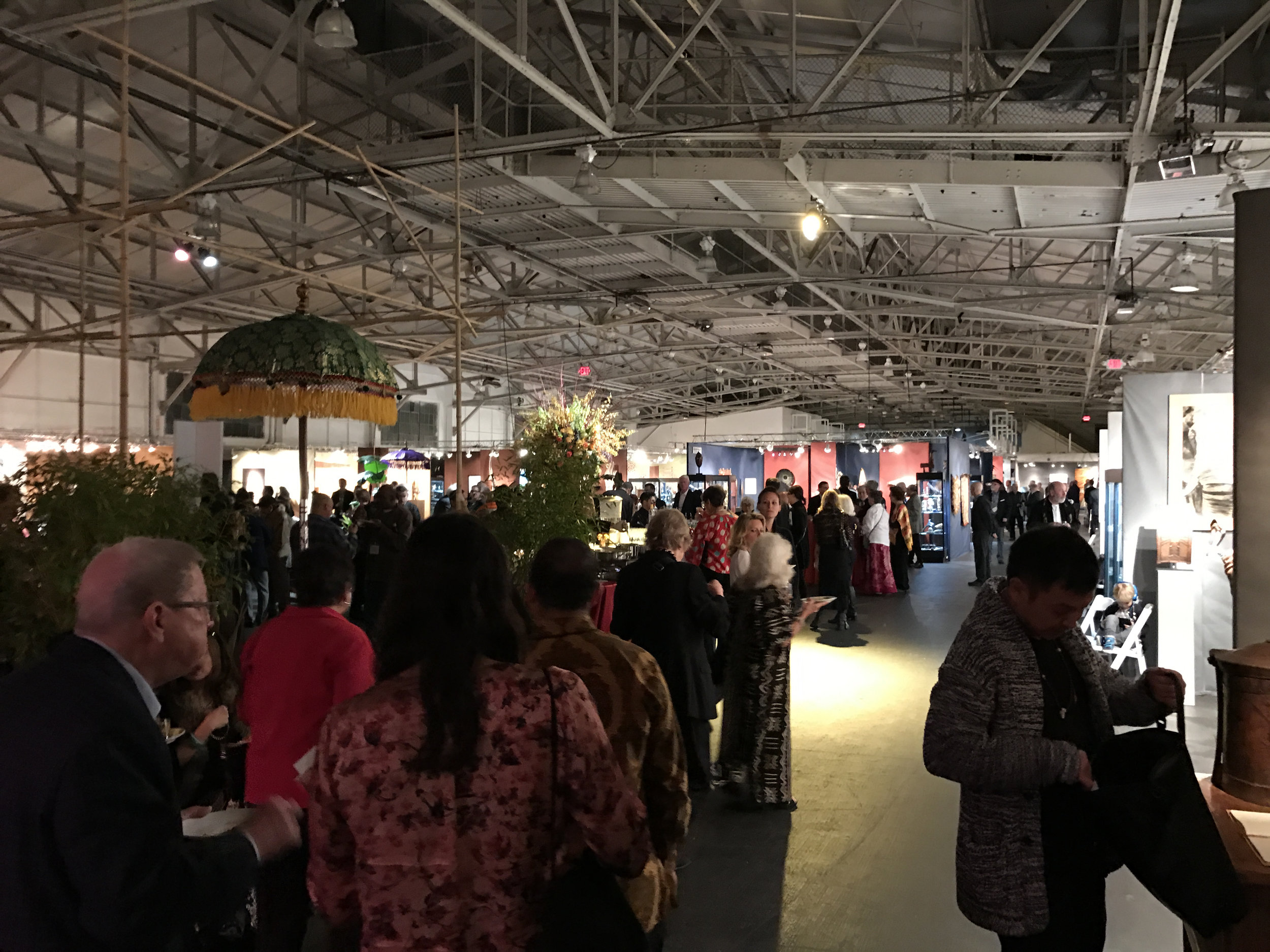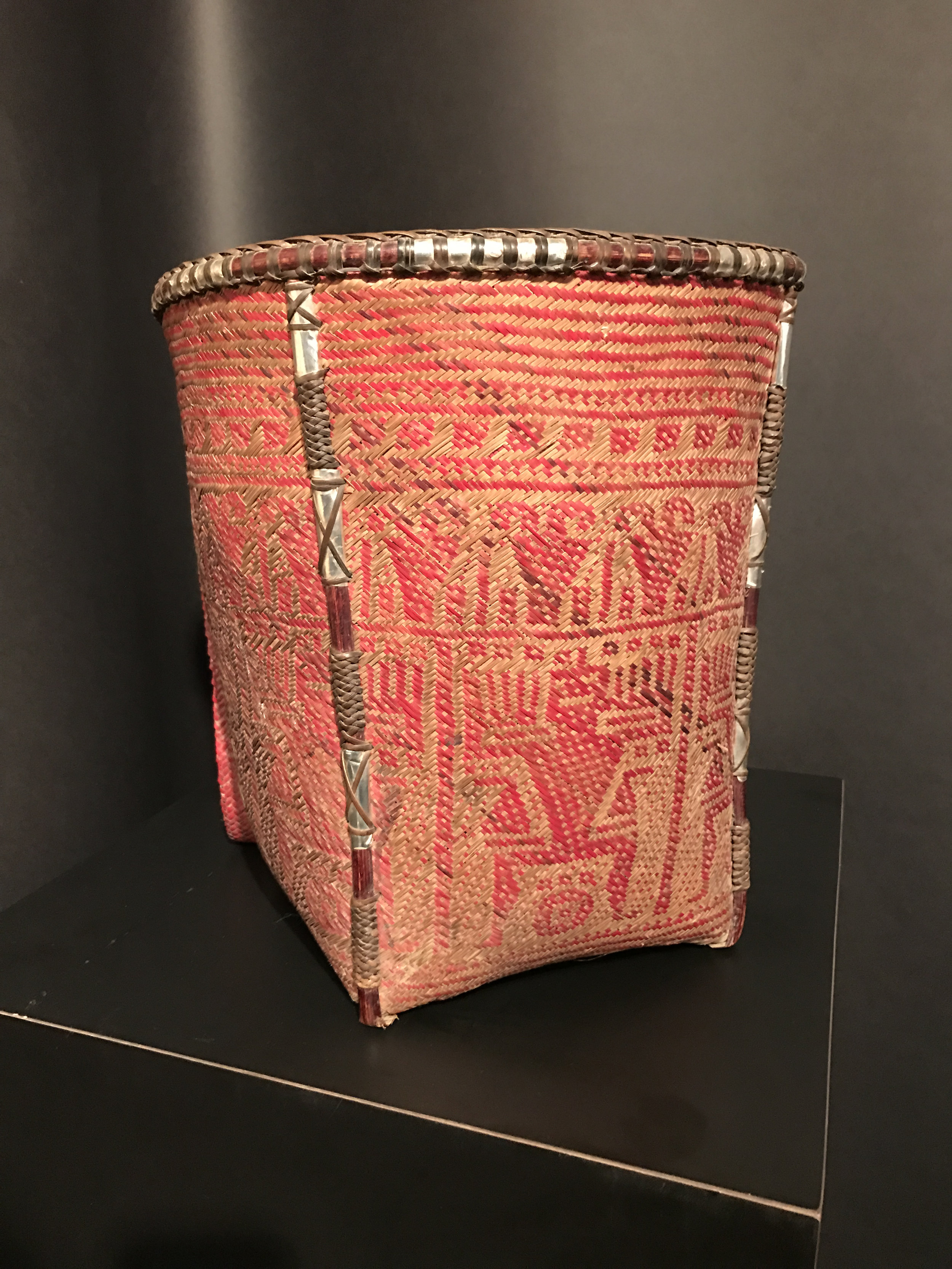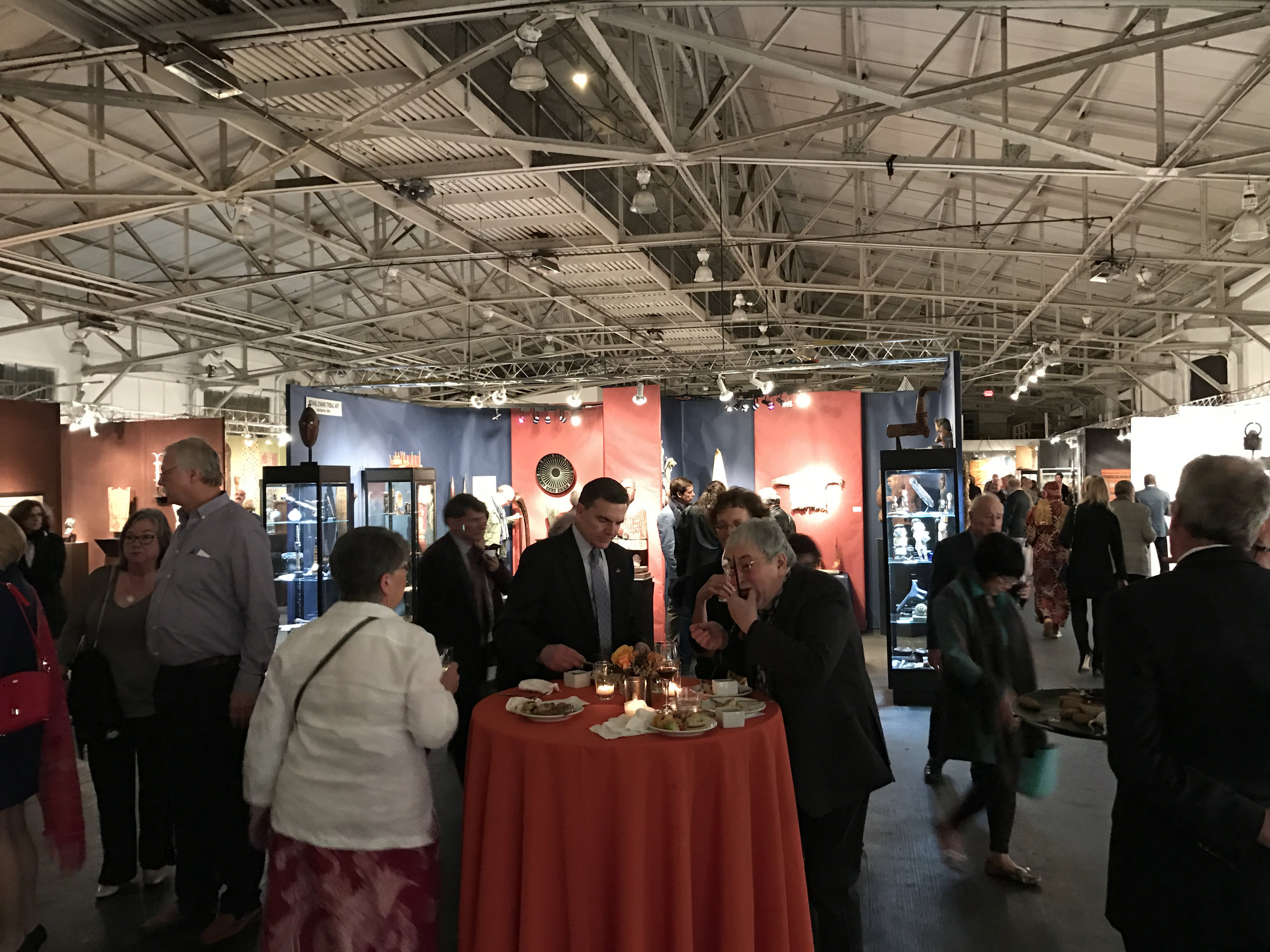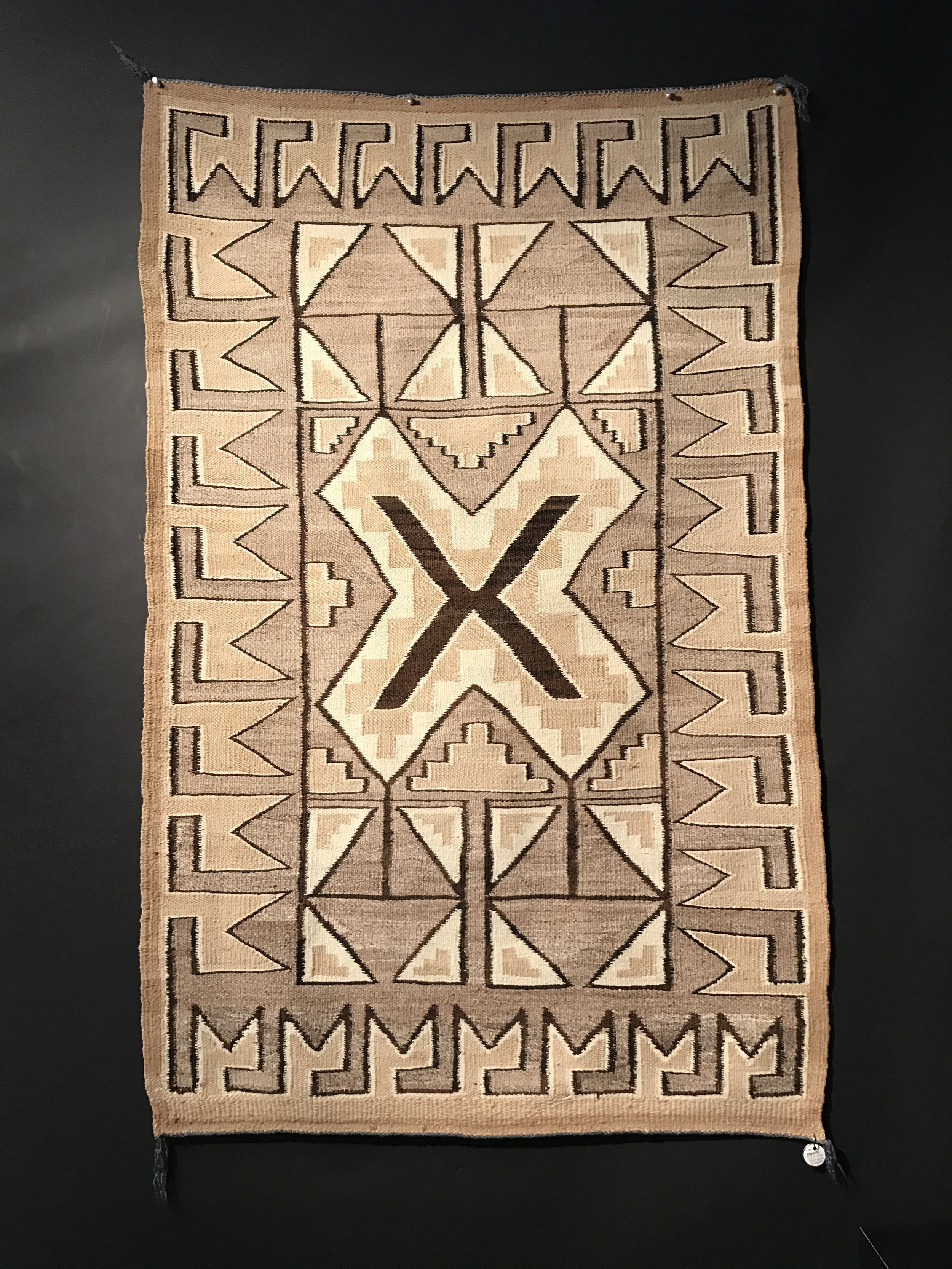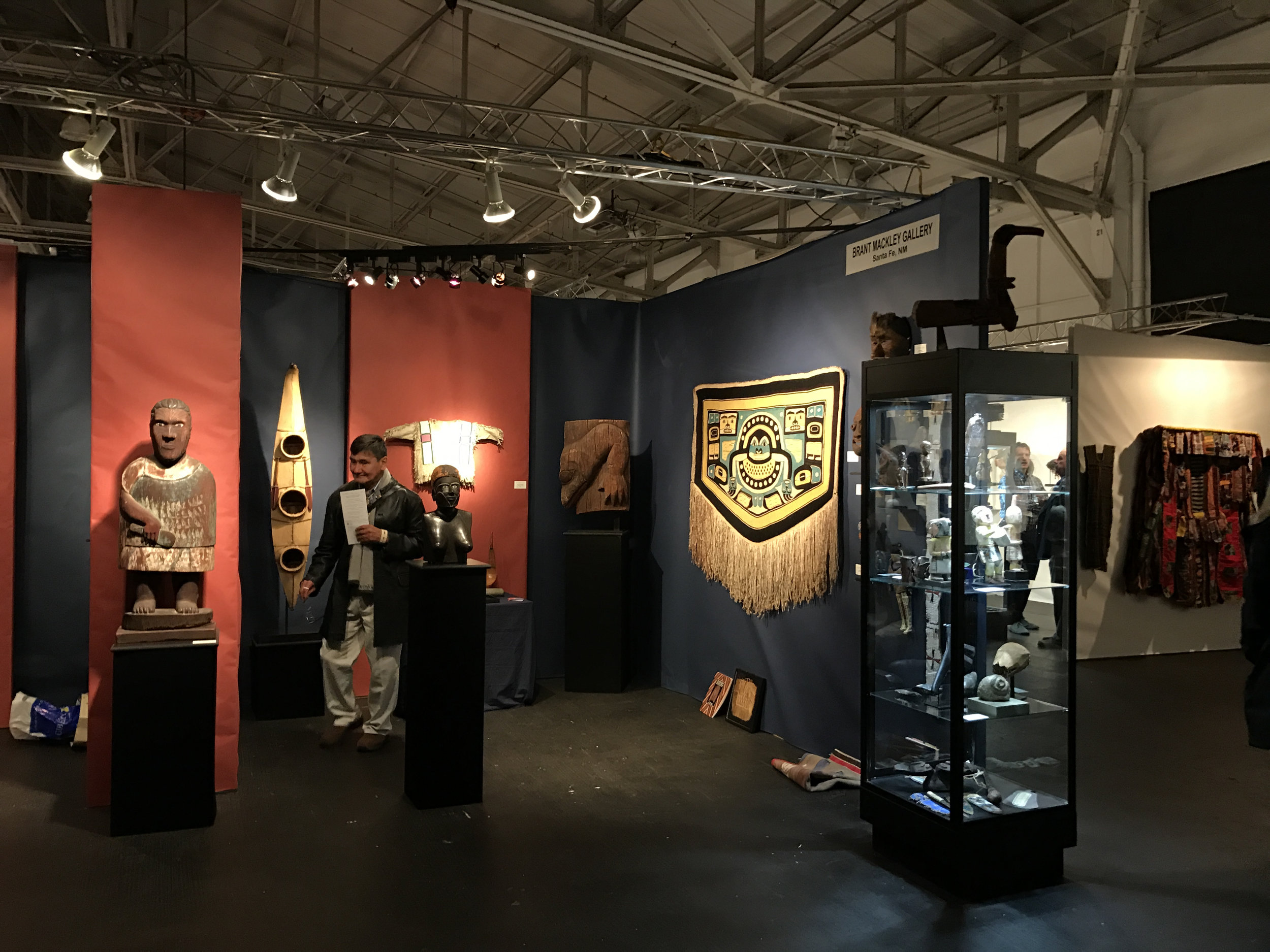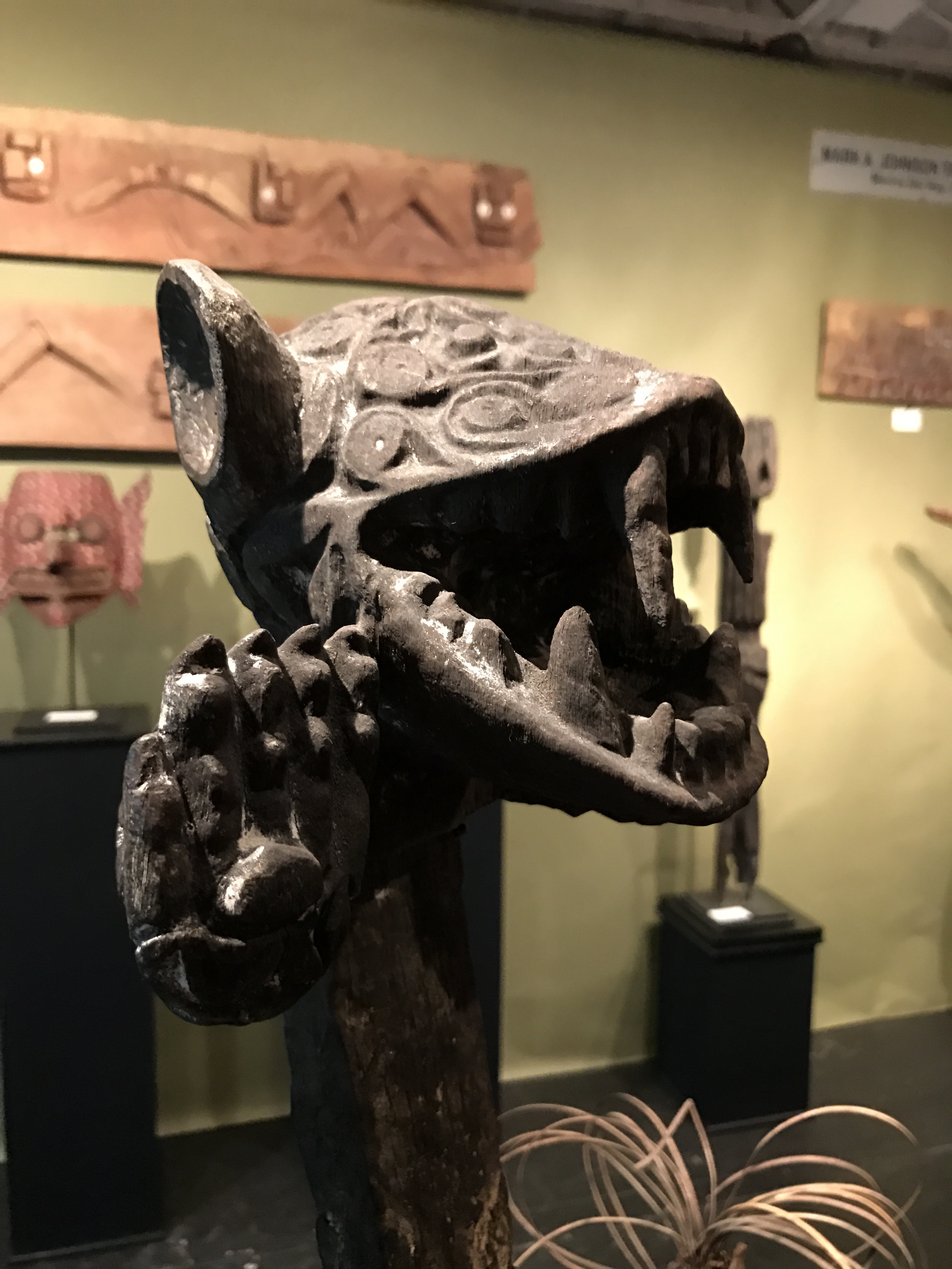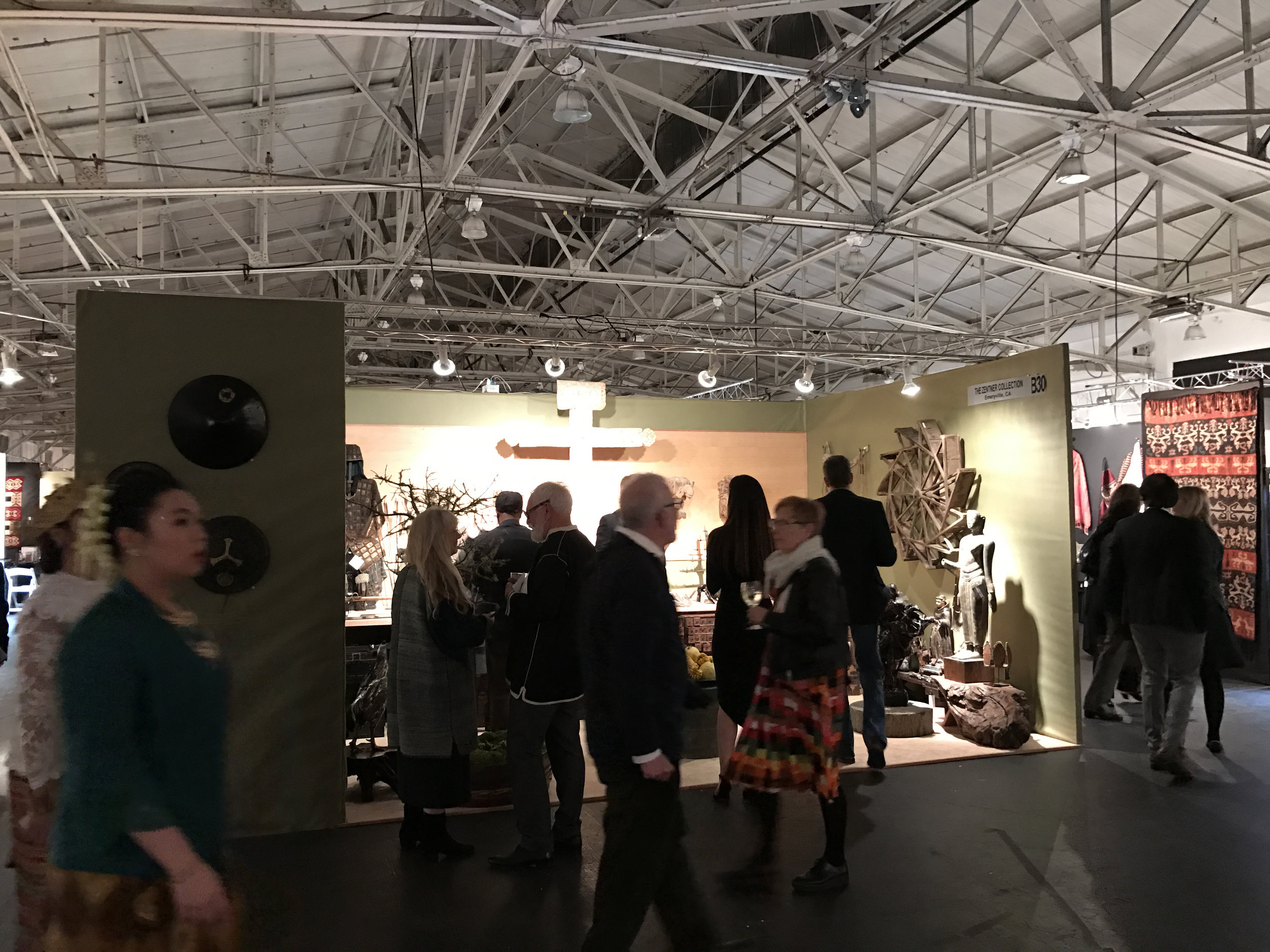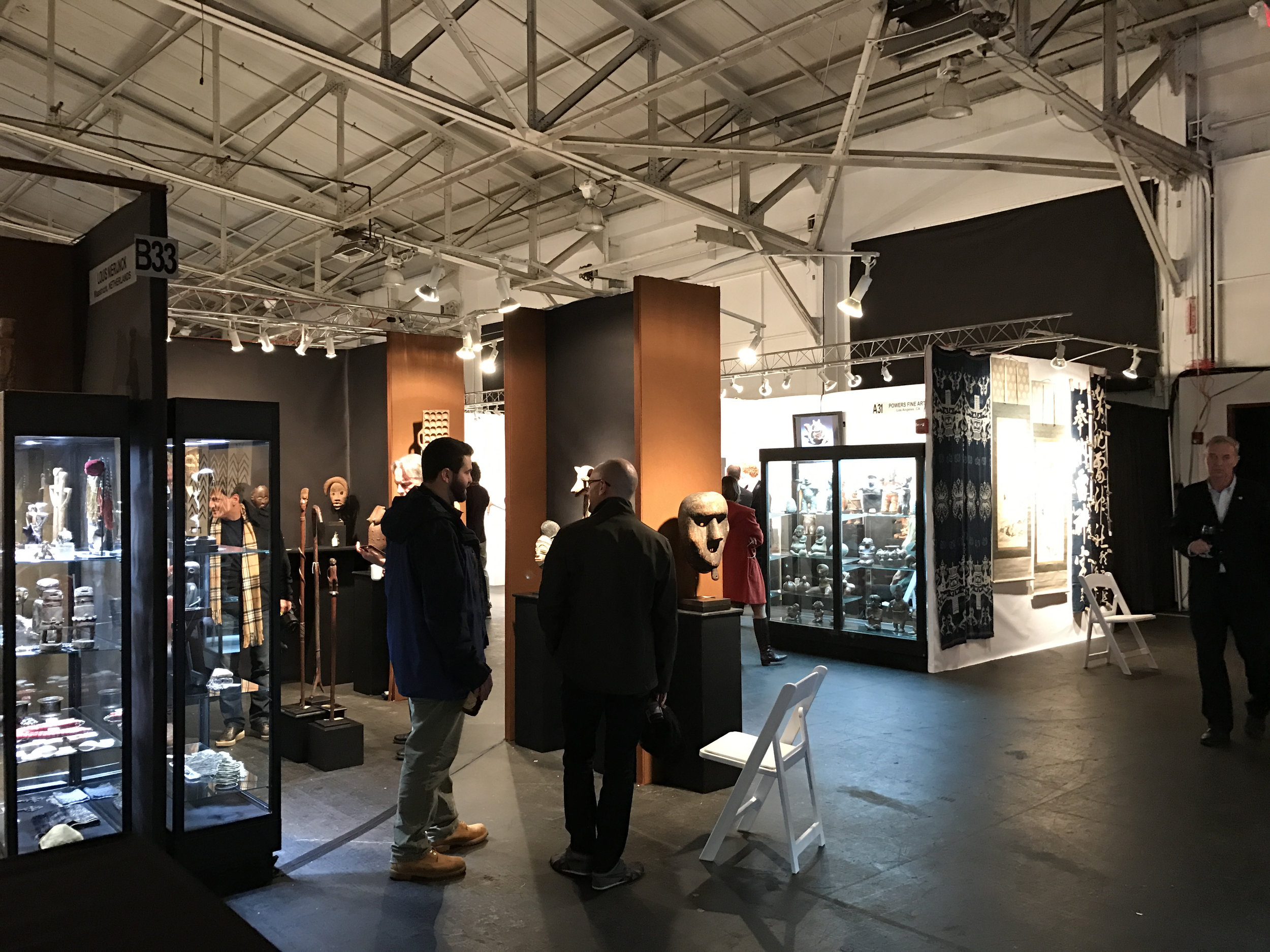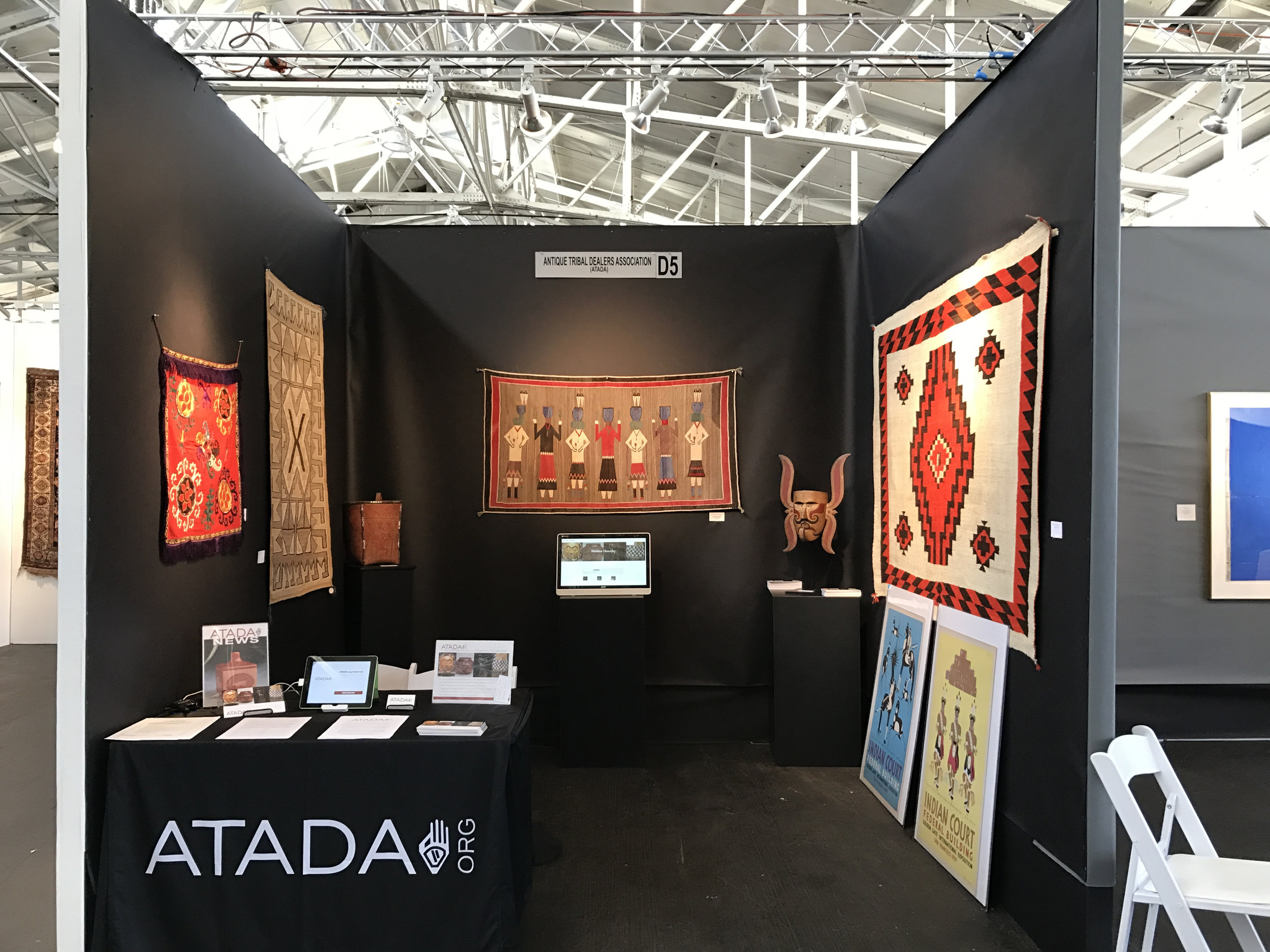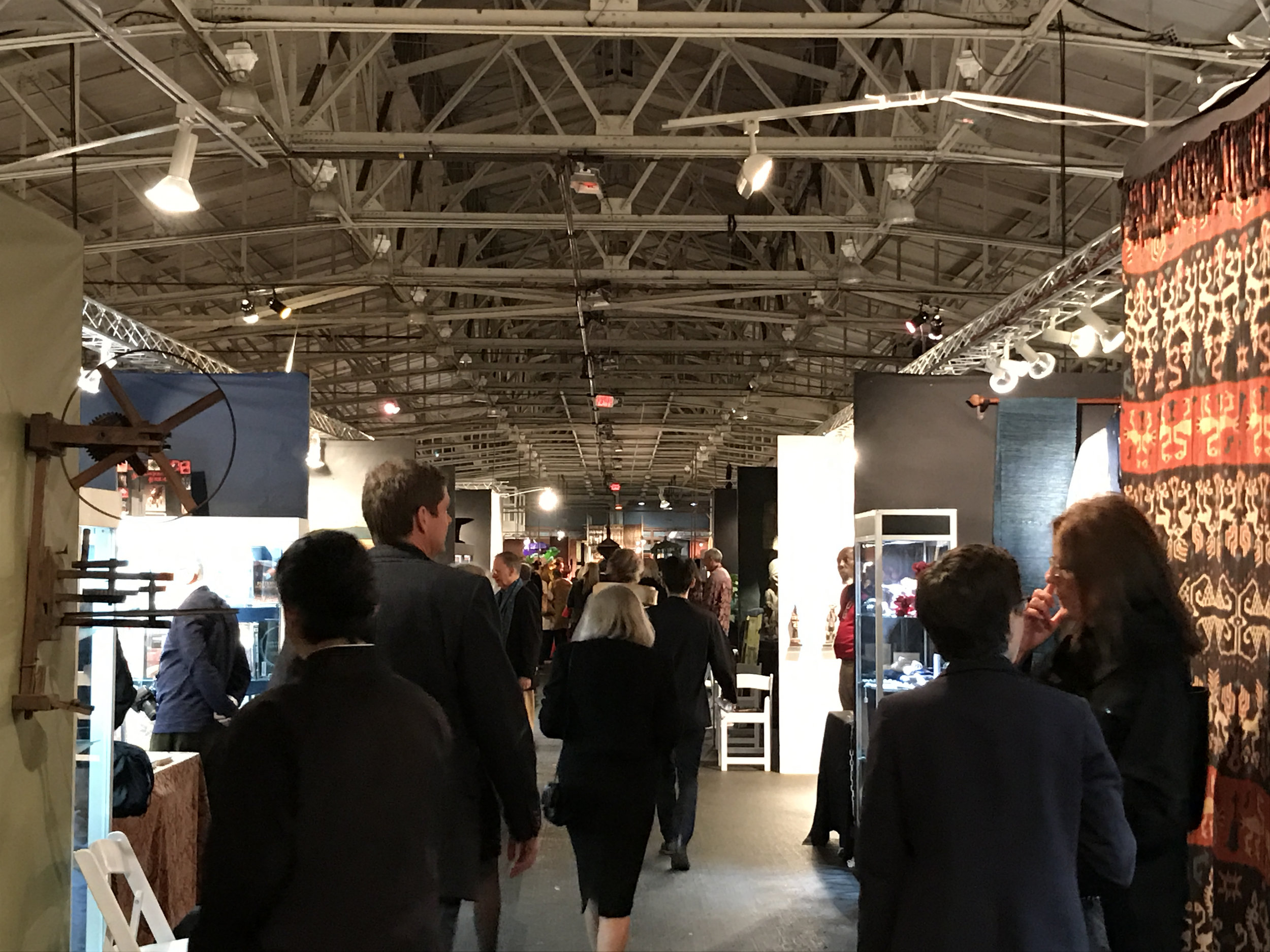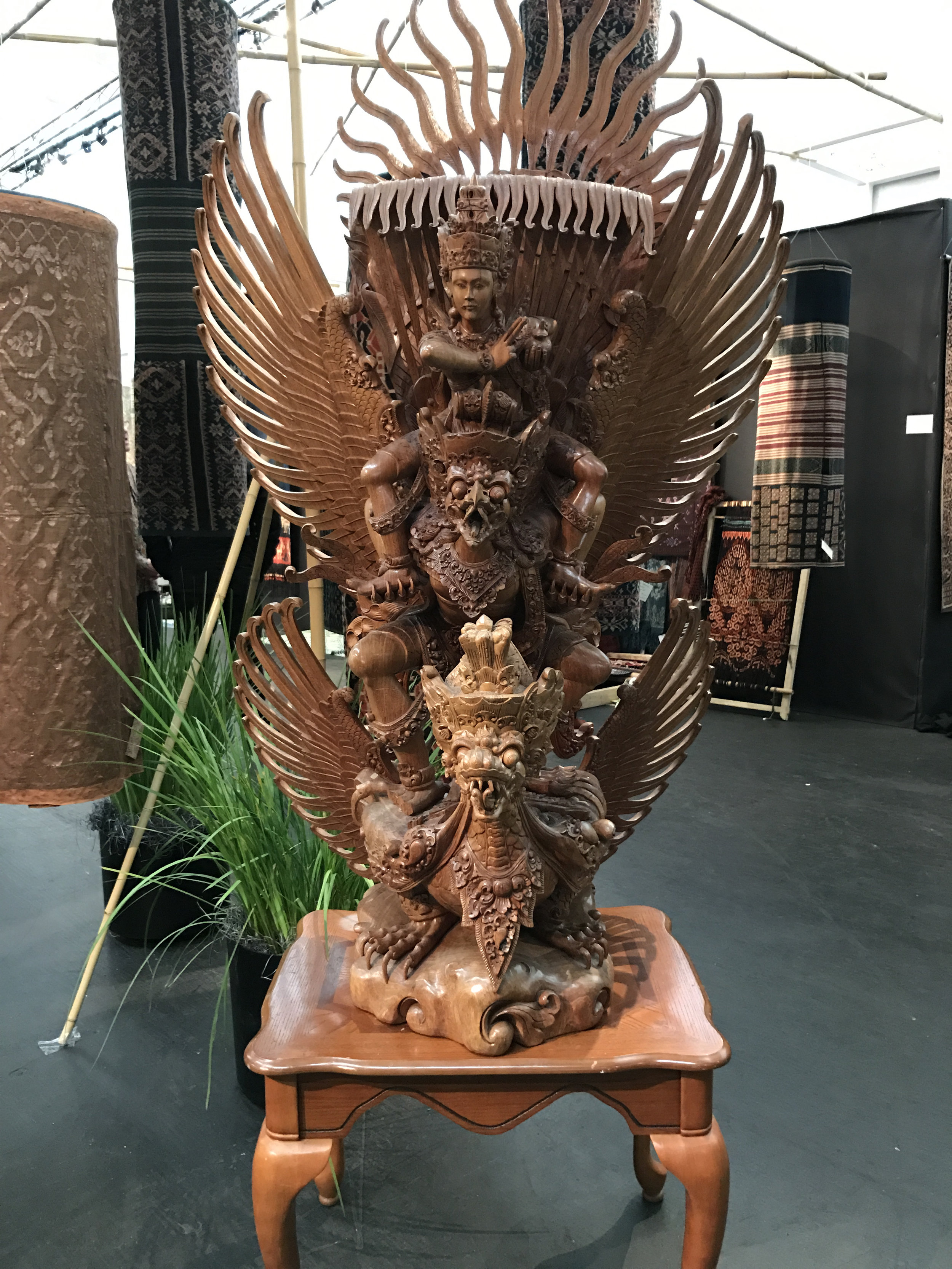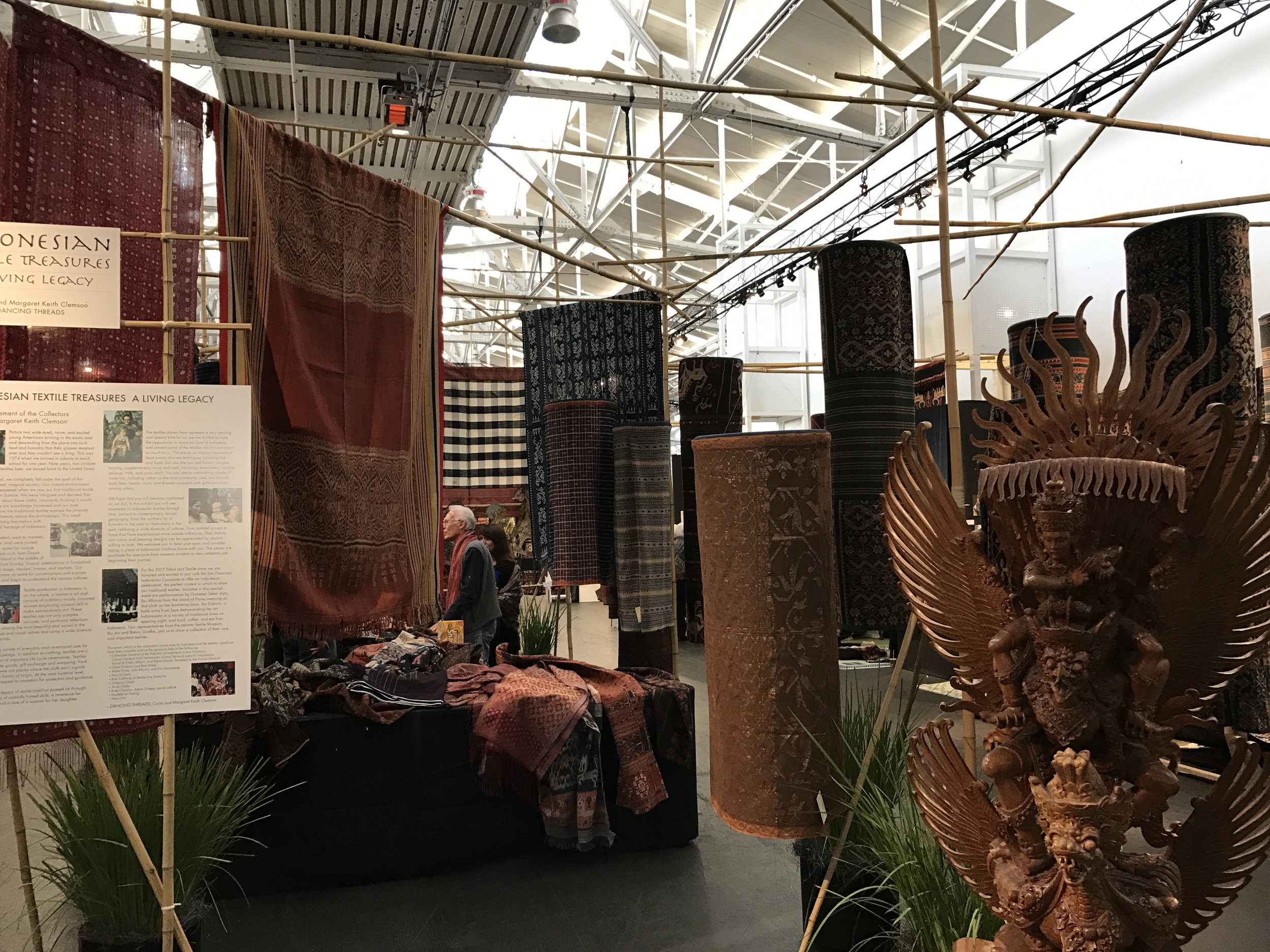Background information on the law and the issues being grappled with:
At SAR, Panelists Negotiate Repatriation and the Law
The School for Advanced Research (SAR), in Santa Fe, New Mexico, presented the final installment of a Speaker Series celebrating SAR’s 110th anniversary: an April 19th panel titled, At the Forefront of Repatriation: New Policy and Impact Beyond the United States. The program grappled with the specifics of proposed legislation drafted in response to the sales of Hopi, Zuni, Acoma, and Navajo artifacts. The Safeguard Tribal Objects of Patrimony (STOP) Act was introduced in Congress in 2016 expressly to halt export of Native American objects.
Panelists included Honor Keeler, Director of the International Repatriation Project for the Association on American Indian Affairs (AAIA); Gregory Smith, of Hobbs, Straus, Dean & Walker, a Washington DC Indian Law specialist firm, and Kate Fitz Gibbon, of Fitz Gibbon Law, a cultural property lawyer representing the Antique Tribal Arts Dealers Association (ATADA). Brian Vallo, Director of the Indian Arts Research Center at SAR, acted as moderator.
Although the 2016 STOP Act failed to pass through House and Senate committees, an amended version is expected to be introduced in Congress later this year. The SAR panelists laid out their differences regarding this proposed legislation. Honor Keeler spoke movingly about the historic loss of artifacts through US government and private sector abuses, and questioned whether items collected over the last 520 years, even if collected legally, were collected with “informed indigenous consent.” She said that the existence of a market for Indian artifacts promotes looting. Making the right contacts with foreign governments was key to repatriation of ancestral remains, and she believed that the STOP Act would make a difference, since French courts did not recognize communally based claims by tribes or deal with them as sovereign entities. She felt that returning ceremonial items and ancestral remains was a human rights issue.
Gregory Smith noted the passage through Congress in 2016 of a non-binding joint resolution, which condemned illegal trafficking and stated that sacred items should be returned to the tribes. Passage of this resolution indicated clear bipartisan Congressional support for STOP, which was shared by the whole New Mexico delegation. Smith stated that tribes don’t like the emphasis on “ownership” and on current owner or collector’s rights of property. He asked, how do we define private property? Most of the time, the definitions of private property are hurtful to tribes and not in their best interest. He also noted that STOP has not yet been reintroduced, because it is being reworked…so the provisions aren’t set. He described STOP as a blunt instrument meant to invoke conversation.
Fitz Gibbon agreed completely that ancestral remains and communally owned ceremonial objects should return to tribes, but said that STOP would not achieve that. She pointed out that despite the legislation’s intent to return artifacts to the tribes, it was not a clear declaration of ownership by the tribe but an export law. An export law would not actually strengthen the tribes’ legal position in the French courts, since France permits sale of objects from many nations with export laws. Furthermore, in the US, STOP could vastly expand the application of NAGPRA to private citizens, and deny American collectors the fair notice and due process required by the Constitution. She supported the tribes’ rights to keep secret information private, but since no list of sacred items was possible, according to the tribes, and there was no permitting system for the 568 US tribes, she questioned whether either exporters or US Customs officers could ever have the necessary knowledge to properly enforce the STOP Act, especially when a ten-year jail sentence could result.
Further, the law’s immunity provision implied that all collecting was illegal, when it was not, and telling collectors not to buy Indian art would not only negatively impact New Mexico’s economy and cultural tourism in general, but also frighten existing collectors into returning items that had nothing to do with religion. Native artisans dependent on sales were particularly vulnerable, as tribal leaders did not exclude new objects from the “ceremonial” category, and the STOP Act potentially covered all.
She pointed instead to the new Voluntary Returns Program initiated by ATADA, which, even after a short time, has been very successful in returning dozens of important ceremonial objects to the tribes. Combined with educating collectors and the public that certain items should not be sold, this Voluntary Returns program was a model for bringing items home in a respectful manner.
Regardless of disagreements regarding method, the discussions were historic first steps in bringing tribes and the art community together and in bringing key ceremonial objects back to the tribes. As one audience member remarked, “It’s the best panel we’ve had in the whole series because people were willing to disagree with each other.” Another said that the difficult situation that national tribes are in is more than political, so there need to be more than just political solutions.


